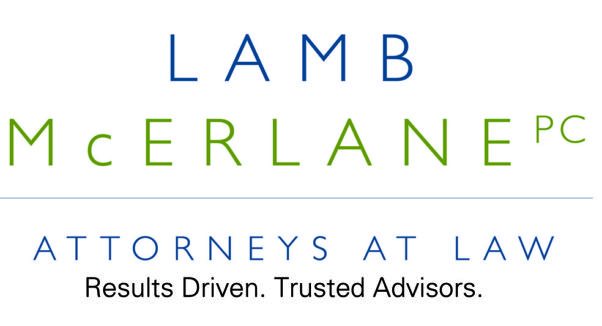Powers of Attorney: One Size Does Not Fit All


With the proliferation of online services, document preparation programs, and Google searches, anyone can get access to a form document and prepare a general financial power of attorney. But is that wise?
Powers of Attorney are Powerful Documents. A general financial power of attorney (“Power of Attorney”) is a powerful legal document. It can give tremendous authority to another person (the “Agent”), including the right to access your bank and investment accounts and to sell your property. It is not something you should enter into lightly.
Who is the right person to serve as Agent? Many times, a client will name his or her spouse as the primary Agent under the Power of Attorney. That seems harmless enough. If your spouse is the joint owner of your bank and investment accounts, he or she may already have authority over those joint accounts. However, even in those situations, it may be advisable to name someone other than your spouse as your agent and/or as an alternate to serve if your spouse is unable to serve. The choice of who should act, and what triggers this individual’s ability to act requires careful consideration.
What acts are implied within the general grant of powers? Under Pennsylvania law, a general grant under a power of attorney to give “the fullest possible power to act on my behalf with the same validity as I could do if personally present” is sufficient to grant a plethora of powers. They would include (but are not limited to), the ability to manage your day-to-day financial affairs, to buy and sell stock, to take money out of a bank or investment account, to sell real estate and personal property and to borrow money. In general, almost anything you can do from a financial standpoint, your agent can do, without your further permission. Many powers of attorney contain detailed descriptions of the individual powers granted. This helps the Agent understand the scope of their power and provides a level of comfort to a third party being asked to follow the instruction of the Agent when they see the requested action listed in the document.
What are Hot Powers and should you include them in your document? Under Pennsylvania law, certain powers cannot be read into the general grant of power. These are commonly called “Hot Powers.” The legislature views these specific powers as powerful and subject to abuse. Therefore, they must be expressly granted in the Power of Attorney document to be effectuated. They include:
- Power to Make Gifts
- Power to Operate a Business or Entity
- Power to Provide for Personal and Family Maintenance
- Power to Change Your Estate Plan
- Power to Create, Amend or Terminate Certain Types of Trust
- Power to Change Beneficiary Designations
- Powers to Delegate Authority
- Power to Waive a Joint and Survivor Annuity, including under a retirement plan
- Power to Exercise Fiduciary Powers
- Power to Disclaim Property
- Power to Access Electronic Communications and Digital Assets.
Whether you should include some, all or none of these Hot Powers requires careful deliberation.
Get Competent Advice. Many decisions surrounding your power of attorney are personal to you. The document must be individualized to meet your specific needs and desires. Working with an attorney who routinely advises clients regarding their estate planning including power of attorney is invaluable when entering into a power of attorney.
_____________________

For more information or to discuss your estate planning needs, please contact Stephanie Pahides Kalogredis at Lamb McErlane PC.
Kalogredis concentrates her practice in estate planning and estate and trust administration and wealth transfer and succession planning. She assists her clients in finding personalized solutions to meet their estate planning goals through the use of wills, trusts, gifting, and legal agreements and, when the time comes, helps settle estate and administer trusts. skalogredis@lambmcerlane.com. 610-701-4433.
Connect With Your Community
Subscribe to stay informed!
"*" indicates required fields









































![95000-1023_ACJ_BannerAd[1]](https://vista.today/wp-content/uploads/2023/03/95000-1023_ACJ_BannerAd1.jpg)






